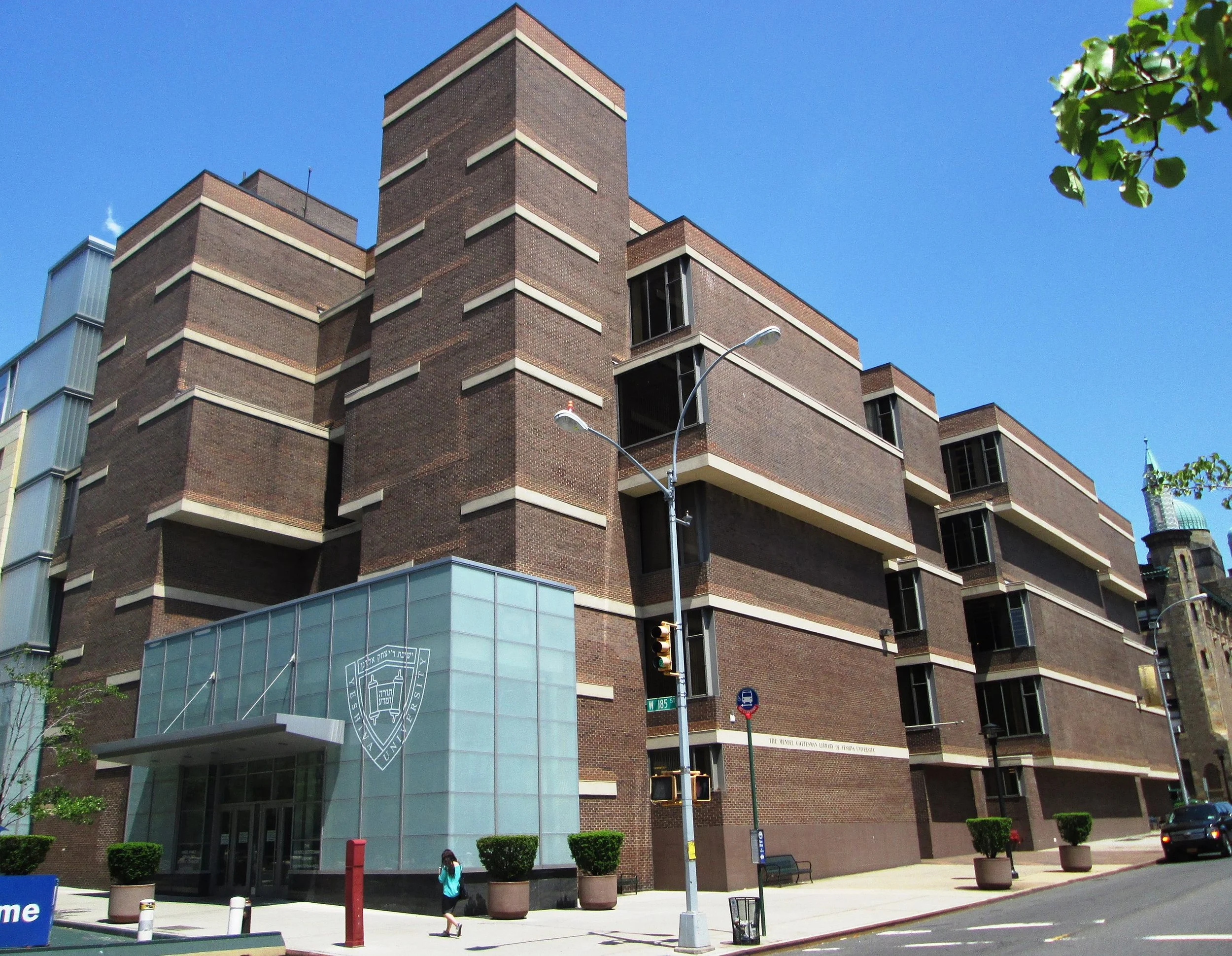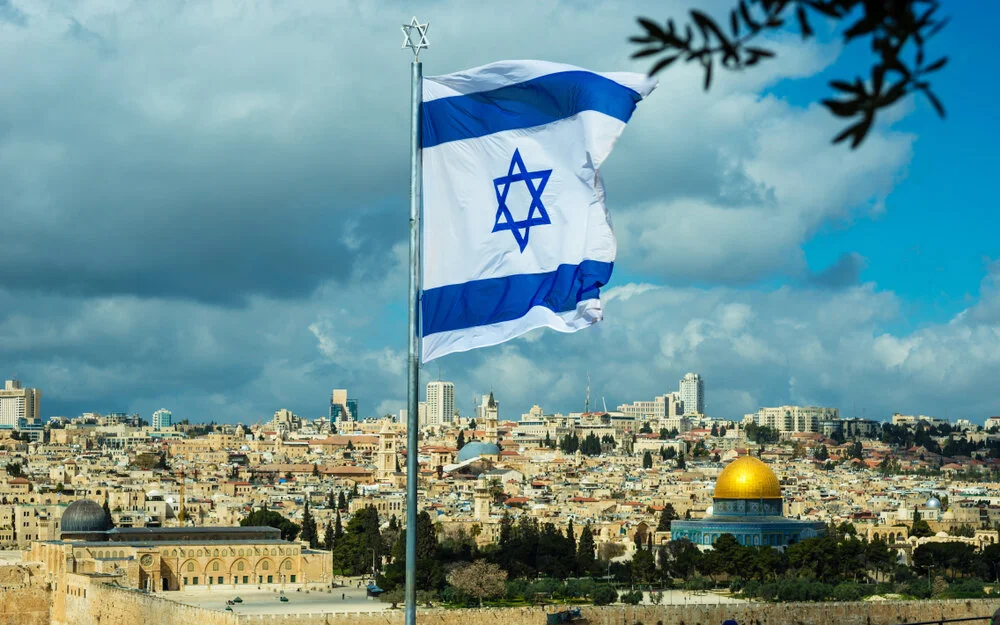Tricky Terrain: The New Israel Fund Navigates Political and Generational Change
/Salvador Aznar/shutterstock
The New Israel Fund’s new president, UCLA professor of Jewish history David Myers, takes the helm during one of the most challenging periods in the nonprofit’s 40-year history. At the first board meeting of his tenure, being held this week in Israel, Myers will share his vision for the organization’s future.
Myers, who was elected in October after five years on the NIF board, also directs the Luskin Center for History and Policy at UCLA, and is the author of a number of books on Israel. He is known as a vocal critic of what he calls "Israel’s increasingly illiberal version of democracy," and of its role in the West Bank. Last year, he stepped down from a post as the president and CEO of the Center for Jewish History in New York amid virulent personal attacks due to his expression of concern about what he sees as the discriminatory, self-defeating, debilitating nature of Israel’s occupation.
While he condemns certain aspects of the current (and past) Israeli administration’s approach, he describes his love for the country as unconditional, a position that fully aligns him with NIF and with the nonprofit’s mission to promote liberal democracy in Israel. Raising funds with this nuanced message—and about a country with an increasingly mixed reputation among up-and-coming U.S.-based Jewish donors—is not as hard as, say, establishing peace in the Middle East, but it does require some creative thinking.
NIF has an annual budget of $30 million and gives out $16 million in grants each year, with additional funds devoted to educational and other program initiatives. Nearly 90 percent of its funding comes from both individuals and private family foundations in the U.S. Despite a dip in 2016, which Myers believes was due to some funders switching their focus to what they saw as an assault on democratic values in the U.S. with the election of Donald Trump, NIF has maintained its pace of fundraising and regained ground since 2016, surpassing that year’s efforts in 2018. Still, NIF’s funding future is far from certain in an era of generational and political shifts within the U.S Jewish community.
The job of president is to oversee the board, set policy for the organization, and raise money. The chair rotates between Israel and the U.S. For the most part, Israeli past presidents have focused primarily on representing the nonprofit to the Israeli media, while U.S.-based leaders have focused on fundraising.
Myers is a bit of a hybrid, a Hebrew-speaking American scholar of Israel (among other Jewish topics), a lifelong visitor to the country, and an enthusiastic stateside fundraiser. On his most recent trip to Israel, after the announcement of his new role, he found himself besieged by media requests. “There was a sense that, even as an American, I could still represent the group there,” he says.
Back home in the Pico-Robertson section of Los Angeles, sitting in his front room amid cases of books, comfortable couches and tall windows looking out toward the quiet street, he articulates the challenges NIF now faces. “We have a loyal donor base and also an aging donor base,” he says. “These are people who have grown up with a sense of the marvel and miracle that Israel represents. Many remember Israel’s creation. These are Americans who grew up in the shadow of the Holocaust, or even experienced it first-hand. They see Israel as the absolutely essential answer to the existential question of, ‘How can we ensure the survival of the Jewish people?’”
But the younger donors that NIF must now court often ask a very different question. For them, the quandary isn’t “How will we survive?” but rather, “Why should we care about Israel?” They take the survival of the Jewish people more or less for granted, as well as their own safety and security in the United States. Meanwhile, many find themselves increasingly at odds with Israel politically. “For the next generation, Israel is not the David to Goliath, but rather the bully on the block,” says Myers. “Many young people say, ‘It doesn’t really play any role in my life.’ Or, ‘I’m embarrassed by the occupation, or the unequal treatment of Jews and Arabs. I don’t want to support it.’”
Myers, 58, sees himself as a bridge between worldviews. He is among the youngest members of the generation preoccupied with the very survival of the Jewish people, but also a professor at UCLA surrounded by undergrads, a father of three gen-Z kids, and an active participant of L.A.’s diverse, diaspora Jewish community. He hopes this additional hybrid identity will help him find novel ways to connect with the younger, more skeptical—and in many ways, less scared—generation of Jewish funders.
One plan for energizing a new donor base to be discussed at this week’s board meeting: pairing young Israelis and young Americans into cohorts focused on shared concerns, such as the environment or LGBTQI issues. Myers says these ongoing relationships will ideally help American Jews understand Israel in a deeper, more real way, and help Israelis see what democracy looks like in our diverse nation.
NIF is also trying to bring younger people onto the board and considering a series of focus groups around the country to see how people answer the question “Why should I care about Israel?” Listening to the answers may be key to NIF’s future, and possibly the future of Israel, says Myers.
“I feel, as a collective, that we American Jews haven’t been very good at listening to younger people and hearing what they think. There is tremendous talent in young Jews, as I see on college campuses, and we’re losing them from Jewish life. There is no mechanism to hold onto that talent pool and empower those young people to be a generation of Jewish leaders engaged in shaping the contours of our community. I do lose sleep over that.”






























